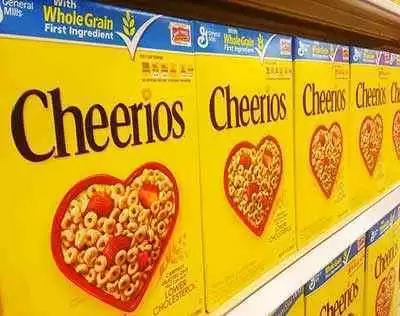
Celiac.com 06/15/2020 - Usually, when a food manufacturer makes an ingredient change, even a minor one, to a food product, they must produce a new label for all the changed products. However, Covid-19 has changed that. Responding to calls from food manufacturers facing supply chain problems in the wake of the Covid-19 pandemic, the Food and Drug Administration (FDA) is relaxing some labeling requirements for certain ingredients in food in the U.S.
The move will give food manufacturers the ability make small changes to the ingredients in a product without making label changes. That may mean adding, omitting, or blending ingredients to meet the product needs.
Celiac.com Sponsor (A12):
The FDA guidance on the matter states that such labeling changes "should not cause any adverse health effect, including those from gluten and food allergens."
The guidance states that ingredients used as substitutes should not alter any voluntary nutrient or health claim on the label, such as gluten free, and that ingredients that are the reason for the label should not be changed.
Basically, “Manufacturers should avoid substitutions that could result in a safety concern without making a conforming label change or providing other means to inform consumers of the change,” the new guidance says. The FDA wants to avoid any risk of allergic reaction due to any such substitutions, and the temporary rule change reflects that.
The safety, claims, and prominence section of the guidance specifically states that no gluten ingredient can be used as a substitute for a gluten-free ingredient. The flexibility in labeling will continue for the duration of the public health emergency declared by the Department of Health and Human Services, including extensions.
The FDA notes that it may consider extensions, depending on how quickly supply chains return to normal.
For questions, answers, and more information, read the FDA's page on Food Safety and the Coronavirus Disease 2019 (COVID-19)









Recommended Comments
Create an account or sign in to comment
You need to be a member in order to leave a comment
Create an account
Sign up for a new account in our community. It's easy!
Register a new accountSign in
Already have an account? Sign in here.
Sign In Now